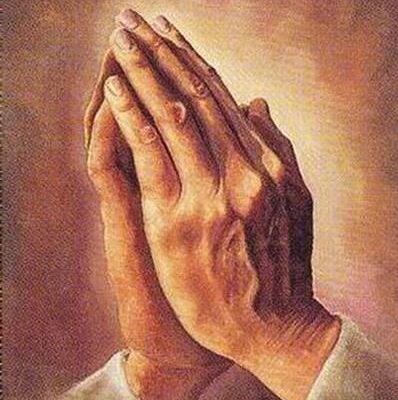VATICAN CITY (CNS) — The U.S. delegates at the Synod of Bishops on synodality are contributing to discussions on the future of the Catholic Church by bringing the diversity of the U.S. church to the Vatican, a U.S. synod delegate said.
“I think we do have a lot to contribute to the conversation as an American church,” Father Iván Montelongo, a synod member from the Diocese of El Paso, Texas, told Catholic News Service Oct. 22.
The U.S. church, he said, is unique in that it comprises the “richness of people who have lived their Catholicism in different ways in their countries of origin and now find themselves now in the United States.”
Father Montelongo was born in the United States but was raised in Mexico before returning during high school; Julia Oseka, another U.S. synod delegate, is a native of Poland studying at St. Joseph’s University in Philadelphia.
As a result of its diversity, “we live synodality in very particular ways” in the U.S. church, he said, particularly by including different voices in the governance of the church through the active participation of the laity.
“We have laity in our dioceses, in ecclesiastical offices, in positions of authority already in our dioceses; we have many women chancellors already,” he said, while “in some parts of the world, they’re not there yet.”
Father Ivan Montelongo, a synod member from the Diocese of El Paso, Texas, arrives for a working session of the assembly of the Synod of Bishops at the Vatican Oct. 16, 2023. (CNS photo/Lola Gomez)
A canon lawyer, Father Montelongo said church law leaves “plenty of room to work” on facilitating synodal structures within the universal and U.S. church, such as by expanding parish and diocesan pastoral councils and revitalizing diocesan synods.
“But we’re not limited by what canon law establishes; it’s a minimum, but a synodal style goes beyond that,” he said. For example, he said the church can create more opportunities for consultation by carrying out regular listening sessions through already existing diocesan offices.
The spirit of synodality is especially meant to help the church fulfill its mission, he said, and one place that should happen is with the U.S. church’s growing Hispanic population.
In 2022, the Center for Applied Research in the Apostolate (CARA) estimated that Hispanics make up about 47% of the total U.S. Catholic population and that the majority of U.S. Catholics under 25 are Hispanic.
“Synodality does encourage us to recognize diversity, to treasure it, value it and to empower everyone for the work of ministry,” Father Montelongo said. “But it starts with recognizing the reality, and the reality is that the Hispanic Catholic Church is growing in the United States.”
At 31 years old, Father Montelongo is one of the youngest synod members, nearly two-thirds of whom are bishops. He told CNS that as a young priest he hopes to “bring the concerns of ministry out there in the trenches to the synod,” particularly in evangelizing among young people.
“Our church is not relevant, in some sense, to young people today,” he said. “Some young people don’t really care about the institution, but they have that thirst” for spirituality.
He said the synodal process is a “call to really hear the questions of the youth” and to engage with the reasons that they are not going to church, in particular reagarding questions on “sexuality, LGBTQ issues, their hope and need for belonging.”
“We need to not be afraid to hear them out,” he said, noting that the synod is “an honest way of engaging those questions that are important to them.”
“When we ignore them, when we don’t acknowledge the elephant in the room, we are doing ourselves and them a disservice,” he said.
